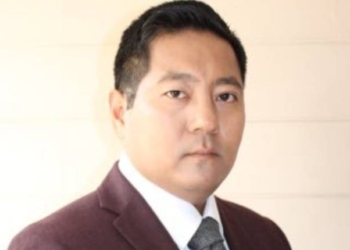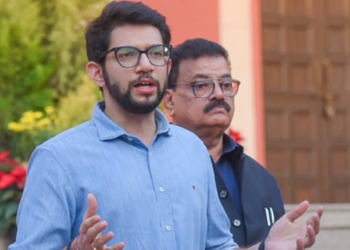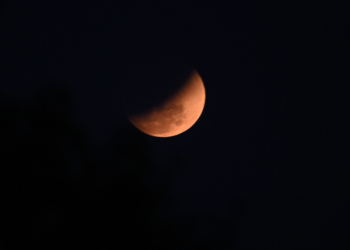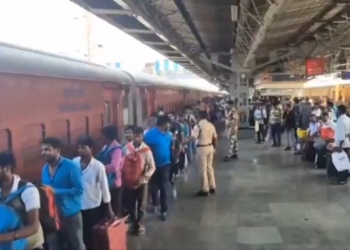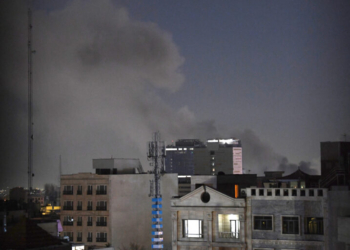New Delhi: The Delhi High Court has cautioned that if sadhus, gurus, and other religious figures are allowed to build shrines on the public land, it would lead to disastrous consequences and jeopardise larger public interest.
Justice Dharmesh Sharma said, “In our country, we might find thousands of sadhus, babas, fakirs, gurus in different parts of the landscape and if each one is allowed to build a shrine or samadhi sthal on a public land and thereby, continue to use it for personal gains by the vested interest groups, it would lead to disastrous consequences jeopardising larger public interest.”
Justice Sharma made this observation while dismissing a petition filed by Mahant Naga Baba Bhola Giri, represented by his successor.
The plea sought a directive for the District Magistrate to demarcate land at Nigambodh Ghat, claiming possession prior to the 2006 deadline set by the Delhi Special Laws Act.
The court found the petition lacking in merit, noting that the District Magistrate had already rejected the request.
The rejection was based on the urbanisation status of the land and the unavailability of relevant revenue records.
Justice Sharma said that the petitioner was essentially a trespasser, stating, “Merely the fact that he had been a cultivator for 30 years or more did not bestow him with any legal right, title, or interest to continue to occupy the subject property.”
Furthermore, the court noted the absence of any historical significance or public dedication of the site for worship or prayer to the revered deceased baba.
The court also dismissed the argument regarding the Religious Affairs Committee’s pending consideration of the site’s demolition, clarifying that it was a private shrine and not one devoted to the public.
Justice Sharma elaborated on the traditional expectations of Naga Sadhus, noting, “Naga sadhus are devotees of Lord Shiva and they are ordained to live a life of complete detachment from worldly affairs. Therefore, seeking property rights in their names does not conform with their beliefs and practices.”
(IANS)




